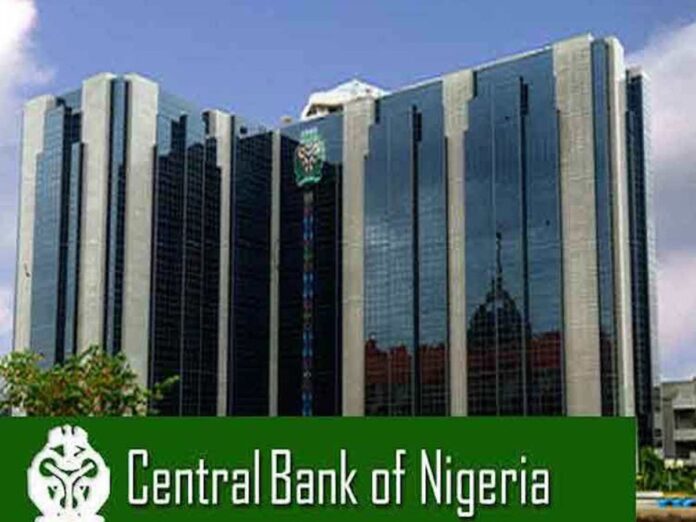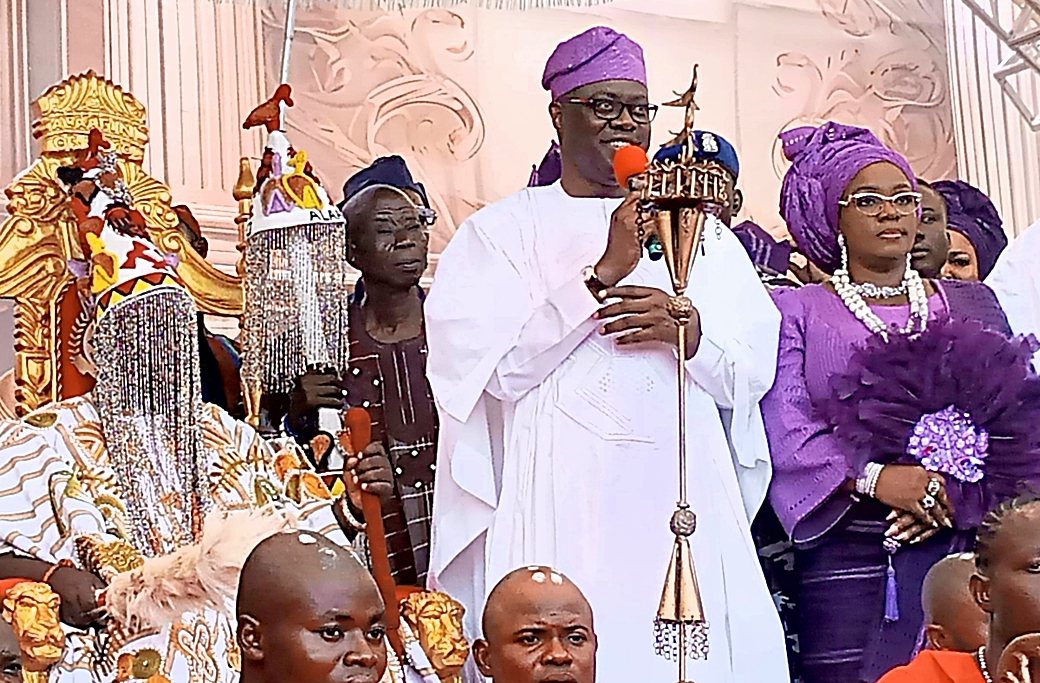Security and pandemic costs wipe off oil price gains
By Jeph Ajobaju, Chief Copy Editor
Federal deficit spending shot up 51 per cent to N5.1 trillion between January and July stoked by spending on security and pandemic mitigation measures, according to latest data from the Central Bank of Nigeria (CBN).
Rise in non-discretionary spending spurred 16 per cent hike in federal expenditure, which dampened the impact of 13 per cent jump in revenue from crude oil sales.
In the seven months to July (7mths-2021), revenue rose to N2.45 trillion from N2.17 trillion in 7mths-2020, a 13 per cent increase.
But expenditure rose faster, climbing 16 per cent to N6.43 trillion in 7mths-2021 from N5.53 trillion in 7mths-2020.
It led to a N5.1 trillion deficit in 7mth-2021 or 51 per cent increase year-on-year (YoY) against N3.36 trillion in 7mths-2020.
Deficit in 7mths-2021 represents 90.7 per cent of the budgeted full year (FY) deficit of N5.62 in the 2021 Appropriation Act, Vanguard reports.
Abuja is projected to exceed the budget deficit of N5.62 trillion for 2021 as N729 billion average monthly deficit in 7mths-2021 translates to N8.74 trillion FY deficit.
__________________________________________________________________
Related articles:
Buhari wallops Nigeria with 44.6% deficit in five months
Nigeria’s international trade deficit now N5.81tr
Nigeria’s current account deficit reduces to $424m
__________________________________________________________________
CBN report
The CBN in its Monthly Economic Report for July 2021 said: “The impact of improved revenue out-turn in July 2021 was weakened by 8.9 per cent growth in expenditure, triggering an expansion of the fiscal deficit.
“Payoffs from expenditure rationalisation and revenue mobilisation efforts appeared subdued by new and rising non-discretionary spending, particularly on security and COVID-19 mitigation measures.
“Consequently, the provisional fiscal deficits of the FGN, at N699.48 billion, exceeded the position in June 2021 and the budget benchmark by 1.6 per cent and 49.8 per cent, respectively.
“Growth in FGN retained revenue was owing to the 60.4 per cent rise in receipt from the Federation Account. Retained revenue of the Federal Government increased by 24.9 per cent to N394.11 billion, relative to June 2021.
“Nonetheless, FGN receipts in July 2021 fell below the benchmark of N665.53 billion by 40.8 per cent, suggesting the prevalence of revenue challenge in the review period.
“Provisional aggregate expenditure of the FGN, at N1.093 trillion, rose by 8.9 per cent, relative to June 2021, but remained below the 2021 proportionate benchmark of N1,132.34 billion by 3.4 per cent.
“The increase was due to a 5.9 per cent rise in recurrent expenditure. Disaggregation of the expenditure reveals the dominance of recurrent spending, constituting 88.6 per cent of total government expenditure in July 2021, while capital expenditure and transfers accounted for the balance of 7.6 per cent and 3.8 per cent, respectively.
“Compared with the projected expenditure composition of 61.9 per cent (recurrent expenditure), 28.3 per cent (capital expenditure), and 6.7 per cent (transfers), the largely disproportionate share of recurrent expenditure in July 2021 is indicative of lags in capital releases.”
Fitch Ratings, the International Monetary Fund (IMF), and the World Bank all project Nigeria’s deficit spending may breach the deficit-to-GDP ratio of 3.9 per cent estimated in the 2021 budget.
Fitch Ratings
“We have revised our forecast for Nigeria’s budget deficit to 4.8% of GDP in 2021 from our earlier forecast of 4.2%,” Fitch Ratings said in its latest Nigeria Country Risk Report.
“The revision reflects fiscal data – published by the Nigerian Treasury in October and covering the period January-August 2021 – indicating weaker revenue collection than we had previously anticipated.
“The shortfall was largely due to significant underperformance by the oil sector (45.6% of revenue in 2020), which saw oil revenue come in 43.7% below official revenue projections contained in the government’s 2021 budget, largely as a result of weak oil production.”
Fitch expects both oil and non-oil revenue to rise in the final months of 2021 as oil production increases and economic growth gathers momentum.
But it stresses that this will be insufficient to offset prior underperformance, and expects federal revenue to come in at a weak 1.6 per cent of GDP (N4.0 trillion) over 2021, compared with N3.9 trillion in 2020.
IMF
“Despite much higher oil prices, the general government fiscal deficit is projected to widen in 2021 to 6.3 per cent of GDP, reflecting implicit fuel subsidies and higher security spending, and remain at that level in 2022.
“There are significant downside risks to the near-term fiscal outlook from the ongoing pandemic, weak security situation and spending pressures associated with the electoral cycle,” the IMF said in its 2021 Article IV Staff Mission to Nigeria.
“Over the medium term, without bold revenue mobilization efforts, fiscal deficits are projected to stay elevated above the pre-pandemic levels with public debt increasing to 43 per cent in 2026.
“General government interest payments are expected to remain high as a share of revenues making the fiscal position highly vulnerable to real interest rate shocks and dependent on central bank financing.”
World Bank
The World Bank said in its Nigeria Development Report that “Due to deteriorating revenues, our forecast for the consolidated government fiscal deficit has been revised upward.
“Nigeria’s fiscal deficit is now projected to reach 5.7 per cent of GDP by end-2021, its highest level in over a decade.
“Despite rebounding oil prices, Nigeria’s oil output has fallen, and total fiscal revenues are expected to recover only modestly from 6.5 per cent of GDP in 2020 to 7.1 per cent in 2021, well below their 2014 level of 11 per cent.”
Faced with a widening budget deficit, the World Bank noted, policymakers have increasingly turned to costly CBN overdrafts (Ways and Means financing), which are not properly integrated into the fiscal accounts.
It said the high cost of servicing CBN overdrafts is compounded by large off budget expenditures – especially fuel subsidy – which crowd out much-needed investments in human and physical capital.
“While Nigeria’s debt burden remains manageable for the time being, maintaining sustainable debt dynamics will require curbing the use of CBN financing for the deficit and addressing fiscal pressures to break the cycle of low growth and rising public debt.”















